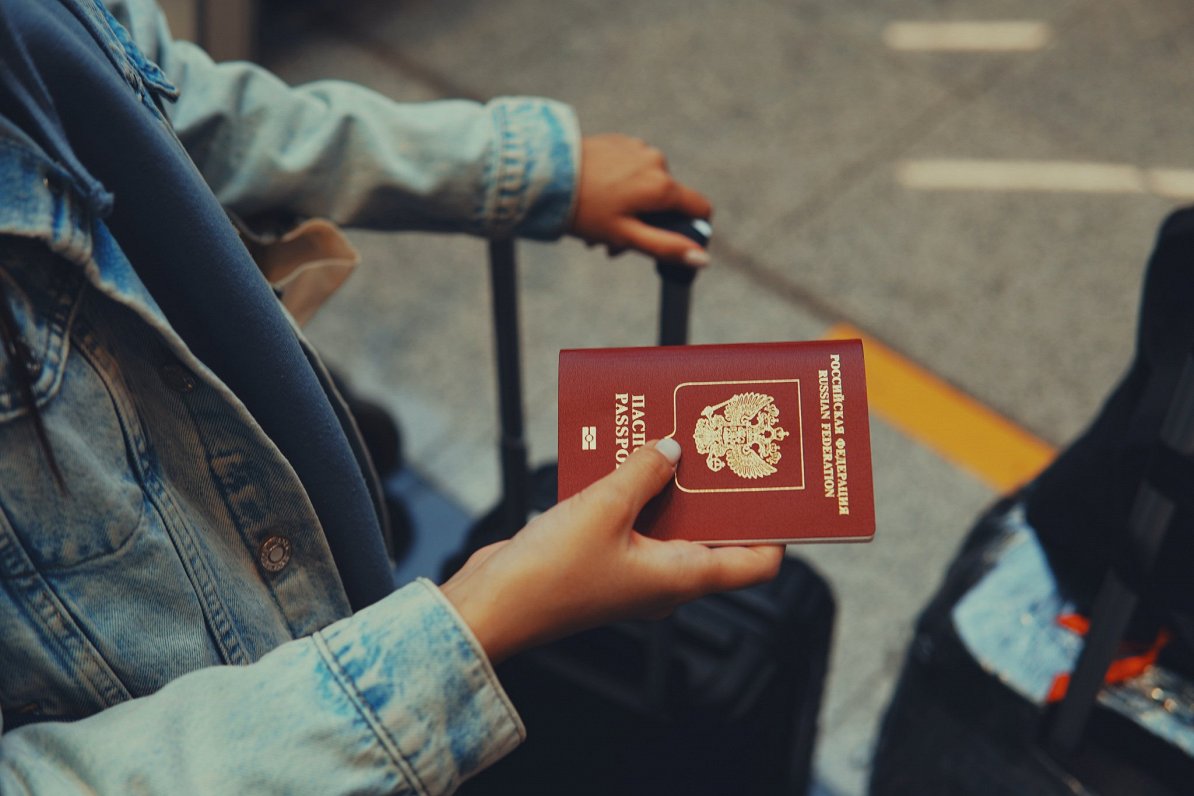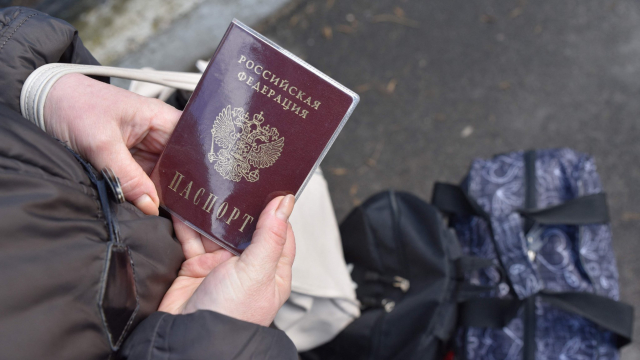However, the Office of Citizenship and Migration Affairs (PMLP) admitted that these people still theoretically have the possibility to legally stay in Latvia, if they can show valid reasons to do so.
1,213 persons had not submitted documents for requesting a residence permit in Latvia by the deadline set in the amendments to the law – November 30 – and there is no information available to suggest that these people have already left the country of their own accord.
Of the approximately 3,500 persons who delayed arranging their residence status in Latvia, 1,344 had submitted documents for requesting a residence permit by November 30. The information collected so far shows that another 904 persons have crossed Latvia's external border and left the country – though not necessarily in the direction of Russia.
The final number of persons who will have to leave Latvia still needs to be ascertained as on January 3, the permanent residence permits of those Russian citizens who are subject to the amendments to the Immigration Law and who have not submitted an application to the European Union by December 31 of this year will lose their validity, too.
However it should be noted that persons who have already failed a first test in basic proficiency of the Latvian language are not among those who will have to leave – provided they apply by December 31 they get a two-year extension which entitles them to social and healthcare services, while they prepare for a second language test.
In addition, those Russian citizens who have valid reasons for not taking the Latvian language test can submit documents for a residence permit until March 31, 2024. Valid reasons may be related to urgent health conditions for example, and will be assessed on an individual basis.
There is a possibility to stay legally in Latvia
Madara Puķe, representative of the Directorate of Citizenship and Migration Affairs, stated that even the 1,213 theoretical deportees still have a chance to stay in Latvia.
"These people will have to provide a written explanation of the reasons for not leaving and the possible time of departure, and then the Office of Citizenship and Migration Affairs will prepare departure orders, which will require them to leave the country within 30 days. This is a legal requirement that they will have to carry out themselves willingly," said Puķe.
"If these people still have a valid reason to still submit documents after the deadline, for example for a residence permit related to family reunification, work or something else, then yes, but it must be legally justified and the explanation will have to state why it has not been done in all previous terms," Puķe explained.
Martins Levuškāns, chairman of the board of the NGO "Voice of Russians for Latvijai", emphasized that an individual approach would be necessary for those people who have not yet completed the necessary documents and obtained a residence permit.
"Quite often, these are people who are very isolated from society, because they live in their own bubble, they rarely communicate with other people – they are mainly people of the older generation who have few relatives, they are isolated and do not even know what is happening around them. Of course, everyone must know the national language and Latvia's security must be strengthened, and of course those people who are really a threat to Latvia or support the policy of Russian aggression – it is necessary to take action against them," said Levuškans.




























